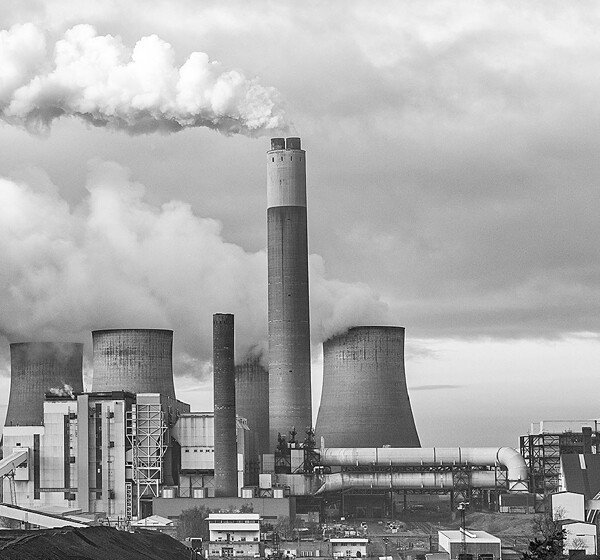European countries that were leading the carbon neutral policy with the goal of zero net greenhouse gas emissions are easing related policies or reducing budgets. As the economy is suffering due to the COVID-19 pandemic, the war in Ukraine, and inflation, and the burden on households and businesses is increasing, the government has decided to adjust the pace by maintaining the general direction of carbon neutrality but delaying the time to achieve it. However, in countries like the UK where general elections are imminent, there are concerns that environmental policies may run counter to climate change mitigation due to political interests.
The European Union (EU) has decided to pursue a plan to partially relax the new automobile emissions regulations that were scheduled to be implemented in July 2025. On the 25th, the EU Council announced on its website that it would maintain the existing emissions regulation, ‘Euro 6’, for some vehicles, such as private cars and vans. However, the plan to include regulations on fine dust emitted from brakes and tires strengthens regulations as drafted.
According to a draft originally proposed by the European Commission, private cars and vans were also required to reduce the emissions of pollutants such as nitrogen oxides (NOx) in accordance with the new emission standard ‘Euro 7’. However, as all 27 member states rejected this during the discussion process, it is interpreted that the board is trying to relax regulations.
This plan will not be implemented until it is approved in three-party negotiations between the EU Council, Commission, and European Parliament. Therefore, there is a possibility that it will be revised in the end, but it is expected that there is a high probability that it will be maintained as the European automobile industry is strongly opposed to strengthening regulations. The automobile industry argues that compliance with Euro 7 regulations will increase production costs and make the production process more difficult, putting it behind in competition with other countries’ automobile industries. Eight countries, including Italy, France, and the Czech Republic, also argued that the implementation of Euro 7 regulations would lead to a decline in industry competitiveness.
Sweden, which declared its carbon neutrality goal for the first time in the world in 2017, also announced plans to adjust the pace of its policies. This is because it was judged that the people’s economy was in crisis due to high inflation. According to the British daily Guardian, the Swedish coalition government announced on the 20th that it would cut funds for climate and environmental measures by 259 million kronor (about 31.6 billion won) in next year’s budget and reduce fuel taxes on gasoline and diesel. Accordingly, the Swedish government is unlikely to achieve its 2030 carbon emissions reduction goal. It is estimated that tax revenues will decrease by about 6.5 billion kronor (793.4 billion won) due to the fuel tax cut.
Analysis suggests that the reason even Sweden, a ‘carbon neutrality honor student’ who declared that it would achieve carbon neutrality by 2045, said it would cut related budgets and even accept a decrease in tax revenues is because of extreme inflation. Swedish Finance Minister Elisabeth Svantesson said at a press conference that day, “Please do not forget that these are very difficult times for many people (due to high inflation).”
There is also considerable opposition from Swedish political circles, saying that their pride as a ‘powerful country in dealing with climate change’ has been hurt. Opposition Center Party climate and energy spokesman Rickard Nordin said he, along with other political parties, would take all measures to prevent next year’s budget from being processed with cuts to climate change-related budgets. Spokesperson Nordin threatened, saying, “If the government does not revise its climate action plan before Christmas, we will propose a motion of no confidence in the climate and energy minister.”
British Prime Minister Rishi Sunak also announced on this day that the ban on new gasoline and diesel car sales would be postponed by five years from 2030 to 2035. Prime Minister Sunnack emphasized that this measure is in line with the schedule of major European Union (EU) countries such as Germany and France, as well as the U.S. states of California and New York. However, there is criticism that it is an ‘election purpose’ aimed at calming public opinion against climate change policies ahead of next year’s general election. British media also reported that electric car companies are also dissatisfied.
Paris =
Source: Donga
Mark Jones is a world traveler and journalist for News Rebeat. With a curious mind and a love of adventure, Mark brings a unique perspective to the latest global events and provides in-depth and thought-provoking coverage of the world at large.




